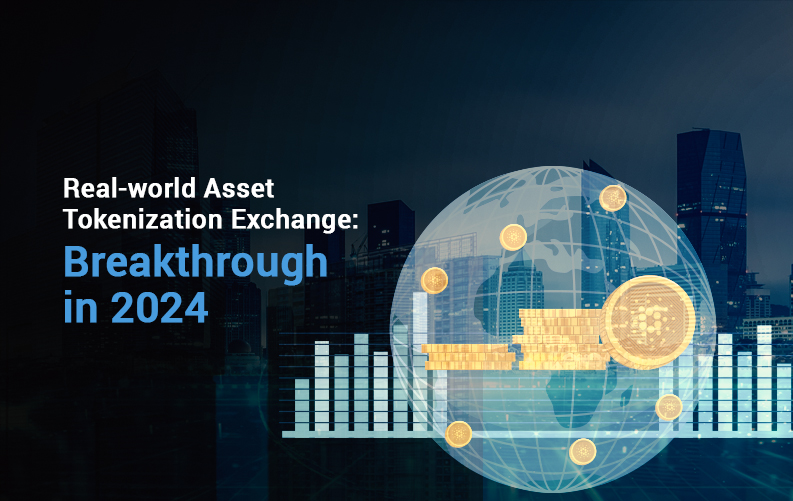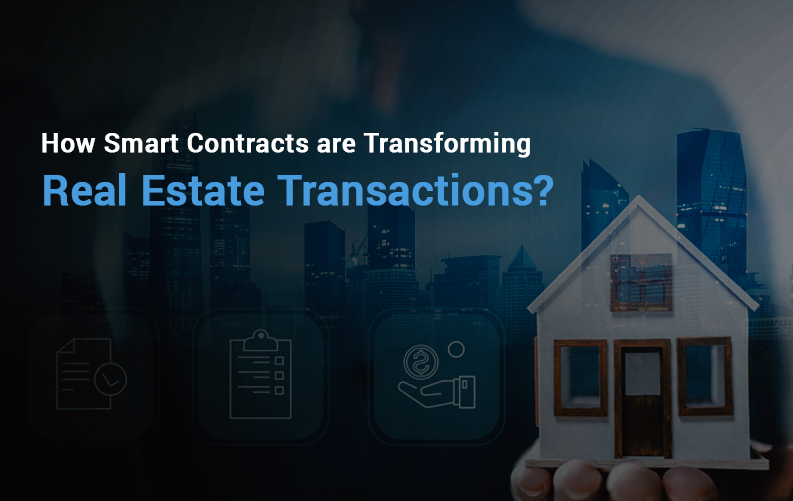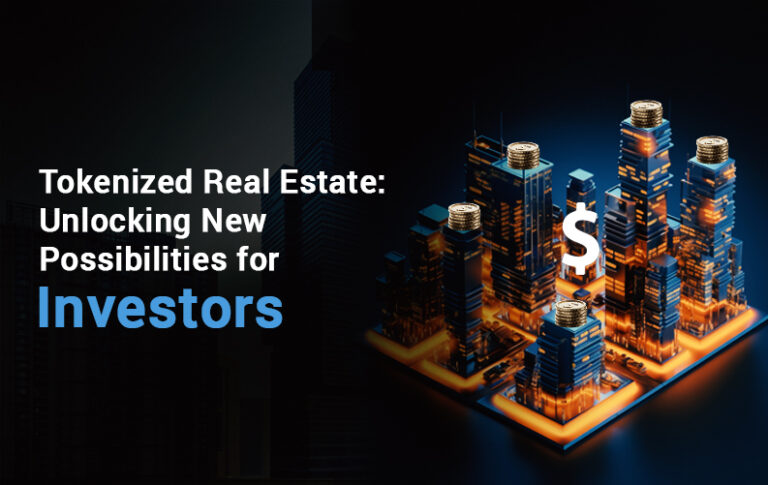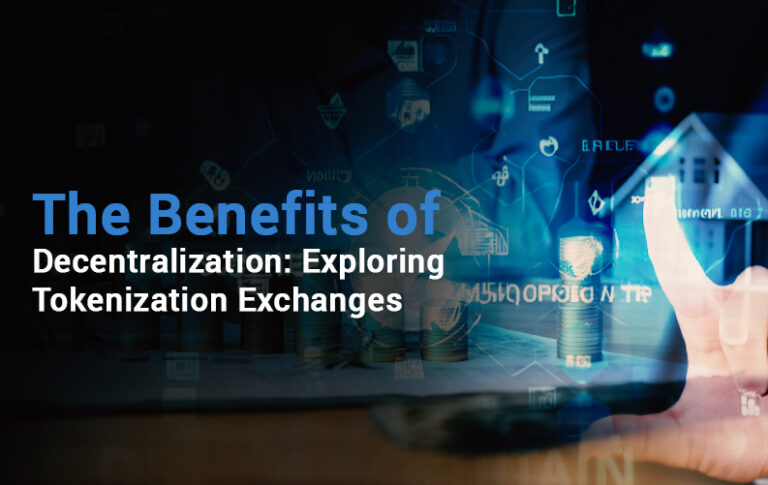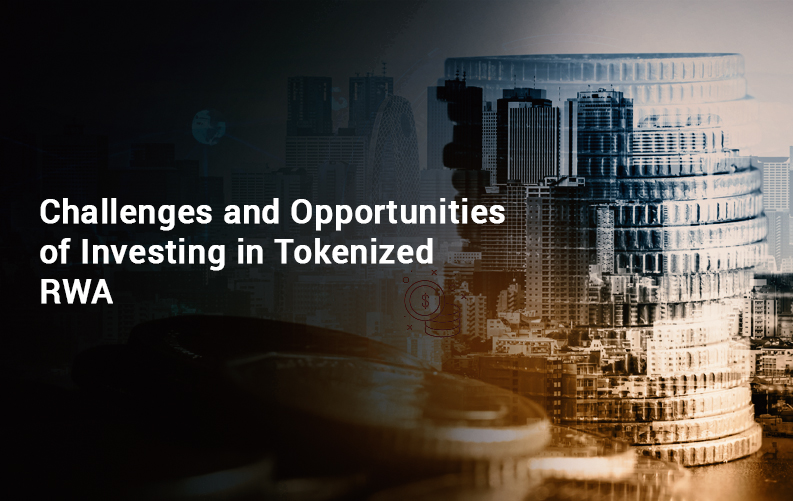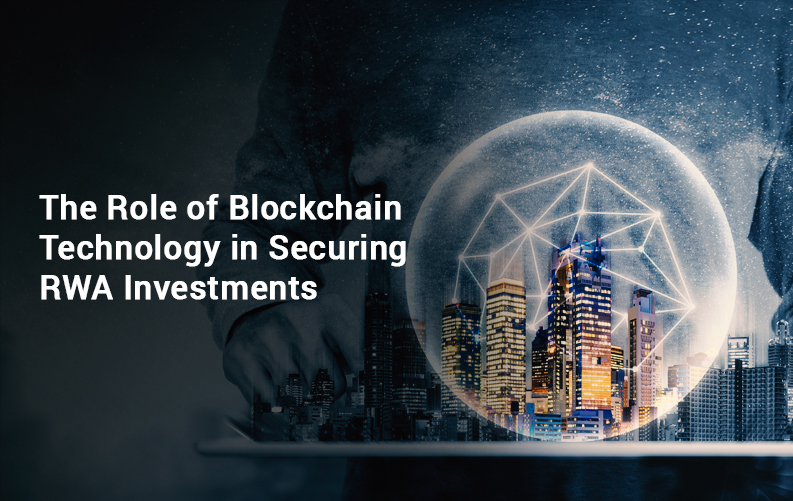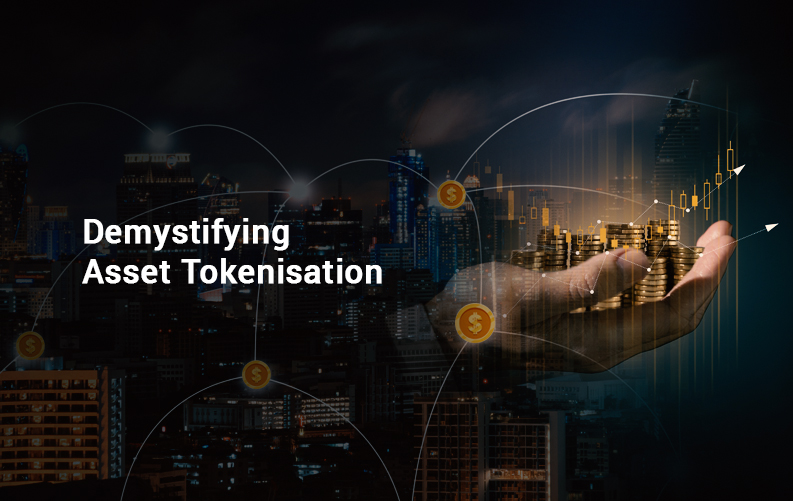One of the most significant challenges investors face is the inherent illiquidity of real estate. Properties can take months or even years to sell, tying up capital and hindering investment flexibility. However, a revolutionary solution has emerged in the form of tokenising real estate, a process that harnesses the power of DLT to address the liquidity dilemma and unlock newfound value for investors.
Understanding Real Estate Liquidity Challenges
Real estate has traditionally been considered an illiquid asset due to the complexity involved in buying and selling properties. The process is often lengthy, involving multiple parties, extensive paperwork, and legal formalities. This lack of liquidity can pose significant challenges for investors, limiting their ability to quickly respond to market conditions, rebalance their portfolios, or access capital when needed.
Moreover, the illiquidity of real estate can also hinder the ability to generate value from these assets. Properties that remain vacant or underutilised due to lack of access to capital or potential buyers can result in missed opportunities for income generation and value appreciation.
The Promise of Tokenising Real Estate
Tokenising real estate, also known as real estate tokenisation, is a revolutionary concept that addresses liquidity challenges head-on. By leveraging DLT, physical real estate assets can be represented as digital tokens, which can be traded on decentralised exchanges or secondary markets.
These digital tokens represent fractional ownership in a property or portfolio of properties. This fractionalisation enables investors to buy and sell these tokenised real estate assets with unprecedented ease and speed, unlocking liquidity that was previously unattainable in the traditional real estate market.
Increased Value in Real Estate through Tokenisation
Beyond addressing liquidity challenges, tokenising real estate can also unlock additional value for investors and property owners. Let us see how:
Improved Capital Efficiency: By fractionalised ownership, tokenisation enables more efficient utilisation of capital, as investors can diversify their holdings across multiple properties with smaller investment amounts.
Access to Global Capital: Tokenised real estate assets can attract global investors, broadening the pool of potential buyers and increasing demand, which can drive up property values.
Enhanced Asset Utilisation: With improved liquidity and access to capital, property owners can more easily finance renovations, expansions, or redevelopments, maximising the value and income potential of their assets.
New Revenue Streams: Tokenisation generates opportunities for innovative revenue models, such as fractional property management services and decentralised real estate marketplaces.
Kalp is a pioneering digital public infrastructure, powered by a regulated permissioned decentralised coalition DLT that enables the SMART Exchange platform. This platform uses tokenisation to allow investment in real-world assets in a secure, innovative, and user-friendly way. By making investing in real-world assets more accessible, SMART Exchange aims to support specialised businesses. With its structured approach, stringent security, and commitment to compliance, the platform offers an appealing option for diversified and efficient investing. Its regulation, security measures and focus on usability and compliance make it stand out as an accessible way to add real assets to an investment portfolio.
Conclusion
Real estate’s illiquidity has long been a challenge for investors, limiting their ability to respond to market conditions and capitalise on opportunities. However, the advent of tokenising real estate through blockchain technology presents a game-changing solution. By representing physical properties as digital assets, tokenisation unlocks liquidity, enables fractional ownership, and opens new avenues for value creation. As the adoption of real estate tokenisation accelerates, investors and property owners alike stand to benefit from increased liquidity, global accessibility, and innovative revenue streams. This disruptive technology is reshaping the future of real estate investing, and those who embrace it early may gain a significant competitive advantage in an industry that has traditionally been plagued by illiquidity.





